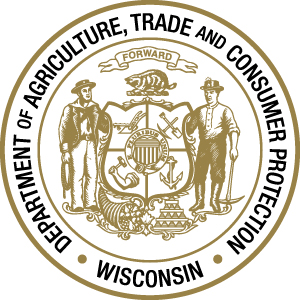Resource Details
Business, Food Systems
Farm Mediation and Arbitration Program
Part of the Wisconsin Farm Center, the Wisconsin Farm Mediation and Arbitration program was established in 1986 and funding is provided in part by an annual grant from U.S. Department of Agriculture. The program utilizes a corps of certified mediators who volunteer their time to assist Wisconsin farm families manage conflicts. Mediators conduct sessions via in-person meetings, web conferencing, or teleconference. Mediation brings disputing parties together to openly and confidentially discuss issues and determine solutions with the help of a certified and neutral mediator.
Eligibility
Wisconsin farmers
Top Benefits
- A way to resolve disagreements, avoid litigation, therefore saving time and money
- Flexible and impartial
- Available at no cost to program participants
Related Resources
USDT New Markets Tax Credit Program
U.S. Department of the Treasury
Business, Education & Schools, Health & Mental Health
The NMTC Program attracts private capital into low-income communities by permitting individual and corporate investors to receive a tax credit against their federal income tax in exchange for making equity investments in specialized financial intermediaries.
EPA Brownfields Revolving Loan Fund (RLF) Grants
U.S. Environmental Protection Agency
Business, Sustainability, Workforce
Revolving Loan Fund (RLF) Grants provide funding for a grant recipient to capitalize a revolving loan fund and to provide loans and subgrants to carry out cleanup activities at brownfield sites.




